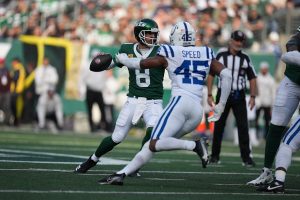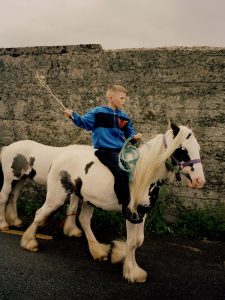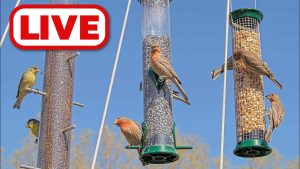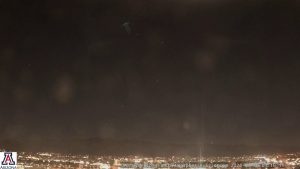
Named in reference to a 15-year-old article by Firouz Gaini, an associate professor of anthropology at the University of the Faroe Islands, the pictures in Atlantic Cowboy reflect this trust. Portraits of men at work and play offer an insight into masculinity in constant flux. Younger generations grapple with their inability to form the traditional family units once so valued by their parents and grandparents. Meanwhile, older men attempt to adjust to a society in which the values on which their forefathers’ identities have been built – strength, courage, Christian morality and dedication to fishing which characterise the ‘Atlantic Cowboy’ – are increasingly pushed to the fringes.
“What I found both unique and touching is that when lacking their own little tribes, they seek other forms of companionships,” Gjestvang recalls of her time among Faroese men. In particular she remembers two brothers, 68-year-old Klæmint and 65-year-old Nicodemus, who, both unmarried, live together in their childhood home. Each day Klæmint goes to work as a fisherman while Nicodemus remains at home. When the younger man sees his brother’s boat returning to the harbour, he begins to cook their dinner: potatoes, whale meat and whale blubber, accompanied by a glass of milk.
This less traditional, though clearly dedicated, kind of familial relationship is mirrored many times in Atlantic Cowboy. Here, notes on Gjestvang’s subjects show how the dynamics of the Faroe Islands’ large, close knit families have been disrupted by women unsatisfied with the offerings of island life, and by men unwilling – or unable – to change. “You look out the window, you see the big mountains, and then on the wall in the living room there will be paintings of the same thing,” the photographer says of the homes of these Faroese men. “It’s almost like they are married to the landscape.”




